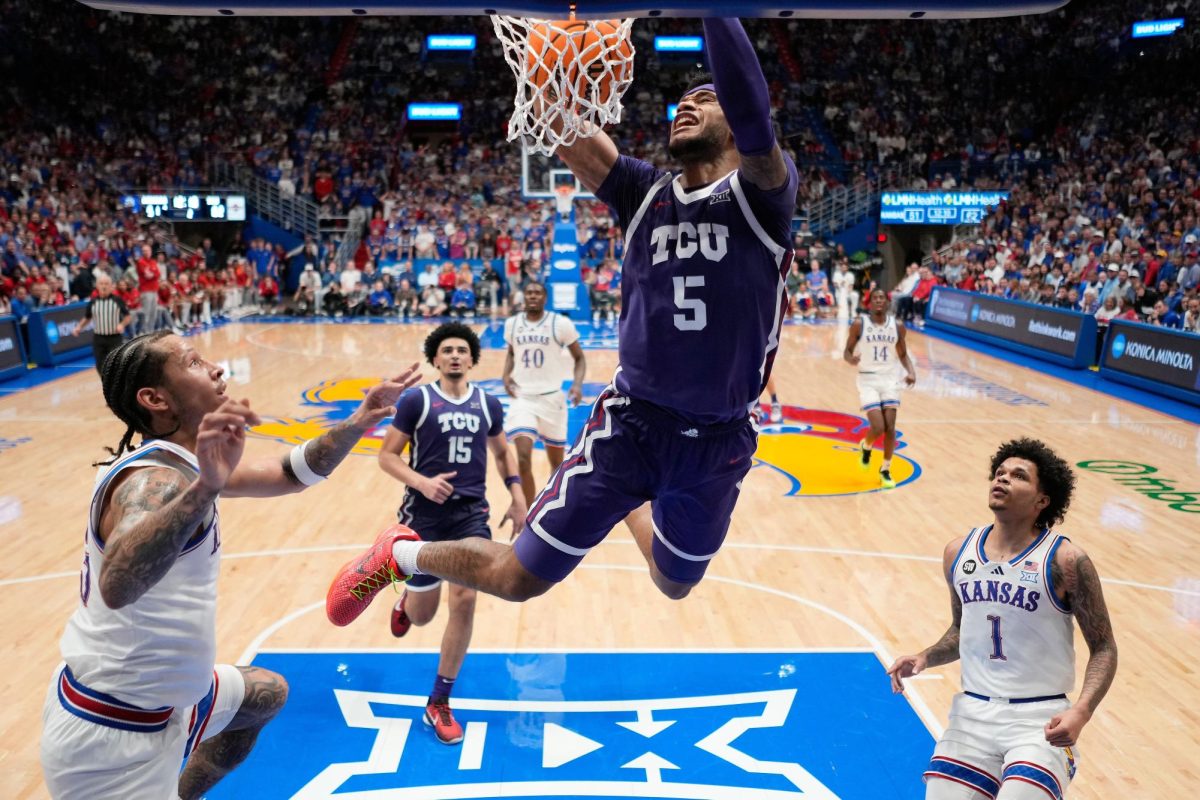It’s OK if only half of American citizens vote
Published Apr 10, 2012
Voting is one of the most simple and the most important aspects of democracy. It guarantees that an equal voice and amount of power is given to each citizen, and it allows for citizens always to hold their elected officials accountable for their decisions. It provides for the most popular leaders to be elected and prevents the possibility of tyranny. Therefore, it is troubling to some Americans to hear that little more than half of the population vote in the presidential election and that even fewer Americans vote in congressional and local elections. But this embarrassingly low statistic might not be quite as bad as it seems. For some, the decision not to vote stems from the theory that an individual vote does not make a difference in the overall election. With our electoral college system, electors ultimately select the president. Furthermore, what’s the point in voting for, say, presidential nominee Barack Obama if you live in an overwhelmingly conservative state like Alabama? With millions of other Americans casting votes, it may seem like yours will never make a difference. That viewpoint definitely has merit. It is true that electors ultimately select the president and that the few liberals in Alabama likely won’t change which candidate the state’s electoral votes go toward. However, each individual vote can make a difference. It certainly made a difference to Rick Santorum this primary season, who won the Iowa caucus by just 34 votes, according to the Associated Press. And, as mentioned above, voting is one of the simplest forms of democracy — something of which all Americans should be proud. Millions of American soldiers have died on battlefields protecting this basic freedom, and without it, American democracy would cease to exist. Finally, by choosing not to vote, complaints about government decisions lose credibility. Nothing is more bothersome than the American who spends hours complaining about the president, but couldn’t be bothered to spend the 30 minutes it took to drive to the polls to vote. If you couldn’t be bothered to vote for your next president, how could you justifiably complain when that president takes an action with which you disagree? So why is it not disconcerting to me that only half of Americans will vote this upcoming November? Because most voting-age Americans could name more contestants on “American Idol” than they could name current Supreme Court justices. Most young American voters know more about the Jersey Shore than they do about Obama’s past voting records. Most Americans can list their current favorite baseball team’s roster, but can’t name their current senators and representatives. The number of uninformed Americans may shock us here at the university because we have all been privileged to receive a great education. We may not all be political science majors, but it’s likely that we all know each state has two senators. Voting may be an important aspect of democracy, but an informed electorate, as Thomas Jefferson believed, is essential. It is the essence of the success of democracy that voters are engaged, understand the issues, and express their informed opinions through the ballot box. Voters who are clueless, yet show up to vote, dilute the purposeful votes of others. So, though voting is often seen as our civic duty and as essential to the success of a democracy, it would be just fine with me if the millions of uninformed American voters chose to stay home this November. Frankly, I don’t want uninformed Americans — who not only don’t know anything about the candidates, but are likely easily swayed by biased media, as well — deciding who our next president will be. And because most students at the university are of voting age, hopefully they agree. For the uninformed among us, don’t worry — you still have seven months to learn. Booey Mittelstadt is a freshman film-television-digital media and political science double major from Chattanooga, Tenn.


